Best books of 2020: ultimate summer reading and gift guide
From the Booker Prize winner to inspiring biographies and chilling crime novels, this list by our chief literary critic has you covered.
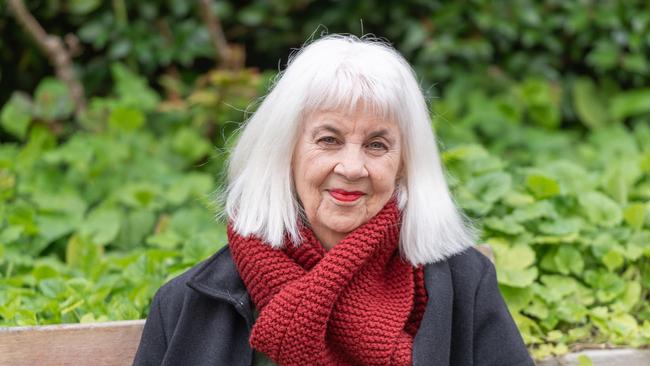
To call 2020 a calamitous year is not extravagant. It began for us in natural disaster, with bushfires of such severity and extent the world looked on in shock and dismay. And it continued with a plague engulfing the planet: a pandemic that returned Australia to its old island solitude, shuttered whole sectors of the economy, cruelly separated friends and family, and killed almost a million and half worldwide.
An ordeal of a year, then; a pile-on by the Fates. But it was also a clarifying moment, for which we should reserve some gratitude. After decades in which our nation has enjoyed almost frictionless prosperity — a weightless dream of wealth, liberty and mobility — 2020 pulled us up short. It made us think again about who we are and what we value.
‘‘Everywhere freedom twines its way around necessity,’’ wrote Annie Dillard in her 1982 classic Teaching a Stone to Talk.
She meant by this that not all obstruction is bad. By working around impediments, we form new ideas, establish fresh self-conceptions; freedom is no more than a fine abstraction until it is checked.
From a renewed respect for scientific expertise to a brief hiatus in the culture wars, not all that has changed in 2020 has changed for the worse.
For me, uncertainty raised by events forced a return to basics. Stutters in publishers’ schedules left my mailbag empty. It sent me back to dusty shelves. There I found old books and overlooked titles, not just the latest off the conveyor belt: shapely, coherent, expansive narratives that seemed to exist in a different universe to the doom-scrolling panic and grievance of the digital realm.
Jane Eyre and Les Miserables, Boccaccio’s Decameron and Les Murray’s Collected Poems. Traditional forms and enduring stories trued me this year; they reminded me of how literature can provide ballast to individuals and communities: celebrating complexity, furnishing wisdom, preaching human connection, or simply consoling.
The relatively robust position of Australian publishing at the end of 2020 suggests I am not alone in reading more. It has been a year with the sound turned down, ideal for slow literary indulgence. And it has ended up a season, here and overseas, for exceptional books that more than meet the moment.
My gift suggestions are, as always, primarily guided by reading pleasure and the desire for distraction; if they inform or unsettle as well, all the better.
Please make sure to use local booksellers where possible and keep up the habit of interest in Australian stories where you can.
May these holidays find you over the worst of 2020. May they also find you better equipped to meet the challenges of the new year — and all the years to come.
Geordie Williamson is The Australian’s chief literary critic.
-
Australian Fiction
Richard Flanagan’s The Living Sea of Waking Dreams is a cry from the heart shaped like a novel. And although it takes the form of a contemporary fable, the Booker Prize-winning author’s account of the era of environmental and social damage we’re set to enter has the urgency and precision of documentary. Kate Grenville’s A House Made of Leaves returns us to an Australia yet unsullied by European hands. Her first novel in a decade vividly, even wickedly, re-imagines the life of Elizabeth Macarthur. In Grenville’s telling, the impeccable, unreadable wife of John Macarthur expands to become an unsung heroine of the early colony.
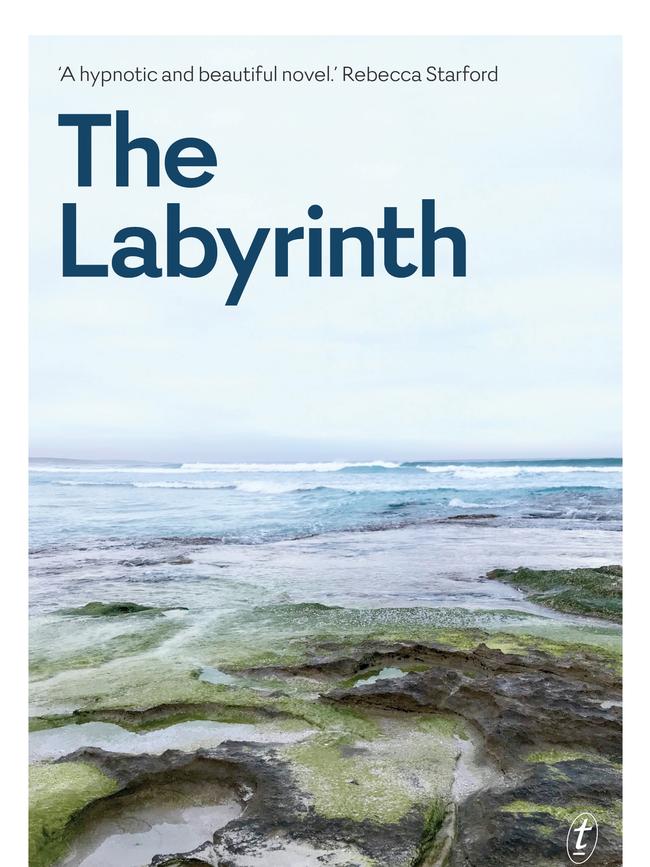
Andrew Pippos’s Lucky’s is my debut novel of the year. On the surface, it’s a satirical celebration of the storied post-war Greek-Australian cafe. But it deepens into a tragedy of the older Attic variety. Imagine a millennial Peter Carey who hails from an Ionian Island rather than Bacchus Marsh.
My novel of the year, full stop, goes to Amanda Lohrey’s The Labyrinth. The mother of an artist jailed for committing a horrific crime moves to a small coastal town and sets out to build a labyrinth in her garden. A story told without a syllable of excess sentiment or false feeling, yet which sails full square into the mystic.
-
International Fiction
Scotsman Douglas Stuart’s Shuggie B ain won this year’s Booker Prize. It is a Celtic misery memoir in fictional form: one perfectly poised between squalor and redemption. As an act of filial love, it breaks the heart; as a literary performance, it demands an ovation.
Meanwhile, high up the slopes of Parnassus is Hilary Mantel, whose The Mirror & the Light completes her immense Cromwell trilogy. Readers know the drill: come for the total recreation of a man and world, stay for the luminous intelligence and bracing Humanism that underlays it.
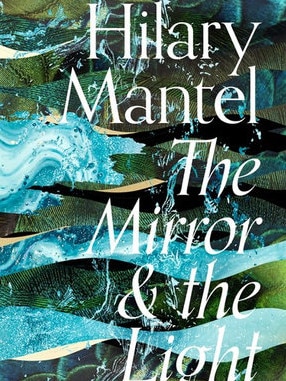
Andrew O’Hagan is that rare and infuriating writer whose talent is the equal of his charm. His latest novel, or twinned novellas, Mayflies, explores how a friendship formed in a blaze of youth and possibility is severed by time and melancholy circumstance.
Mordant, weird and furiously clever, British author M. John Harrison’s state of the nation novel And the Sunken Land will Rise Again is not for everyone.
Made from scraps of old English folklore and a very modern sense of environmental uncanny, the result is a science fiction novel set on Earth in the present. I’ve not yet finished Tyll by German author Daniel Kelh-mann, but I know I’m in the presence of a scandalously talented writer.
A blacky comic, philosophically questing account of a Jester’s progress through Europe’s thirty-year war, Tyll manages the tough feat of making the heaviest subjects weigh light as a feather.
-
Short stories
Shirley Hazzard’s Collected Stories bring together two earlier collections and a number of uncollected or unpublished pieces by the esteemed Australian-American writer. They remind the reader that Hazzard’s reputation was built on her short stories long before her breakthrough novels of the 80s and 00s. Wise, witty, caustic and ever-elegant, Hazzard’s stories are fresh as paint on an unfinished canvas.
A Couple of Things Before the End is the debut collection by Melbournian Sean O’Beirne. It consists of a series of dramatic monologues that fall somewhere between Robert Browning and David Foster Wallace. Seriously playful, or playfully serious, his stories are aimed right at the soft underbelly of Australian masculinity. Simply put, Laurie Moore is the best writer of short fiction at work in America today. Her Collected Stories is a must-have for fans of the form.
Meanwhile, across the Atlantic, Kevin Barry’s That Old Country Music – a selection of pieces anatomising people and places on Ireland’s wild and eccentric West coast – makes a strong case for Barry being the best writer at work on that green Island, period.
-
History, Politics, Economics
The Light Ages revisits the history of medieval astronomy through the eyes of a 14th-century English monk. The book scrambles our assumptions about the relationship between science and religion during that era, suggesting the dark ages were much brighter than we were taught.
Isabel Wilkerson has been justly celebrated since her groundbreaking study of black migration from the American South, the Pulitzer prize-winning The Warmth of Other Suns. Her new work, Caste, is even more ambitious: an attempt to re-examine America’s troubled racial history through a different hierarchical lens, that of caste. The result is impeccably researched and hugely persuasive.
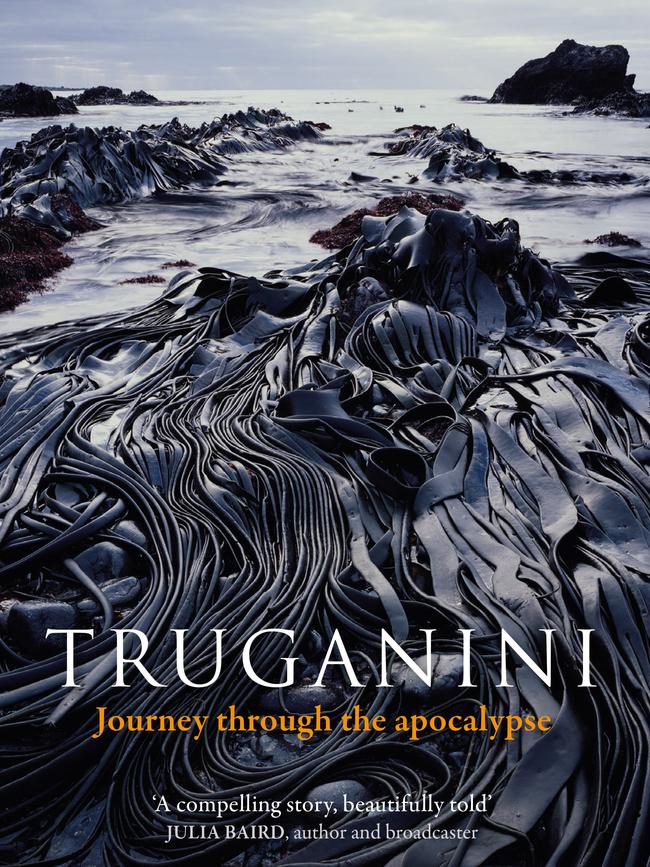
Historian of the Mediterranean David Abulafia has taken on an impossible subject in The Boundless Sea: The Ocean in Human History and Imagination.
A compendium of epic voyages through time and a cross-cultural mediation on humanities relationship with that medium which takes up seven-tenths of the Earth’s surface, Abulafia’s book is global history at its most expansive and engaging.
Truganini: Journey through the Apocalypse is the culmination of a lifetime’s investigation into Tasmanian history by Cassandra Pybus. Her account of the 19th-century Nuenonne woman from Bruny Island who survived near-genocide to become an icon of indigenous survival is carefully researched and warmly empathetic.
Capitalism, Alone: The Future of the system That Rules the World is a provocative and penetrating study by one of world’s foremost economic thinkers. Branko Milanovic’s book asks what it means that, for the first time in human history, the globe is dominated by a single economic system. Some of his answers (such as abolishing the welfare state) will make you sit up and pay attention.
Margaret MacMillan’s War: How Conflict Shaped Us is an expansion of the Canadian scholar’s 2018 Reith Lectures. Her book argues that, because of our instinctive disapproval of war, we don’t attend closely enough to is centrality in forming and changing society and state.
Why the Germans Do It Better: Lessons from a Grown-up Country is a book about Brexit-era Britain as much as it is an appreciation of Germany’s position as Europe’s leading state. English author John Kampfner wants his countrymen and women to look at Germany and long for more honest politicians and a kinder polity. It is not that Germany is superior, yet the differences Kampfner notes are food for thought.
-
Biography
An immense, intricately researched life of one of the great 20th-century playwrights, by the doyen of contemporary English biographers. Hermione Lee’s Tom Stoppard: A Life has rewards on every one of its 1000-odd pages.
Even longer (when a projected second volume lands) is Barack Obama’s White House memoir A Promised Land. I’ve only read excerpts so far, but several hundred thousand book buyers can’t be wrong. An historic work of life writing by one of the few US presidents with real literary gifts.
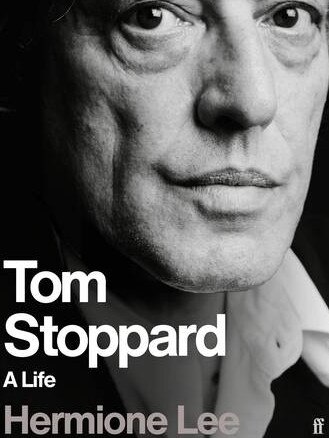
Helen Garner’s One Day I’ll Remember This: Diaries, 1987-1995 is the record of one woman’s private, rather than public existence, but this volume is proof that even her writing for the desk drawer is exquisite. Come for the scarifying honesty; stay for sentences that could have been turned on a lathe. Another tough and courageous Australian writer is Gabrielle Carey. Her new bibliomemoir, Only Happiness Here: In Search of Elizabeth Von Arnim takes the life of an almost-forgotten early 20th-century writer – a merchant’s daughter from Sydney’s Kirribilli who ended up a best-selling author in Europe – and finds in her literary predecessor’s hard and storied life numerous lessons of joy.
I would read any word Mark McKenna, one of our finest historians, cared to publish. But when his subject is Manning Clark: An Eye for Eternity, a biography seven years in the writing, my attention is well and truly captured. Expect the crackle of two great minds meeting on the page.
Finally, French author Marie Darrieussecq’s groundbreaking biography of modernist painter Paula Modersohn-Becker, Being Her e, was published in 2017. But only this last week did its translator Penny Hueston win the Australian Academy of the Humanities Medal for Excellence in Translation. A startlingly fresh approach to a radical artist’s life, artfully ‘‘Englished’’ by one of the best in the business. Oh yes, and the book is an object of beauty, too.
-
Poetry
Two Feminist re-workings stood out this year. Stephanie Burt’s free-form translations of Callimachus — After Callimachus — find the ancient Libyan Greek poet and scholar on Tinder, among other wild and wonderful things. Meanwhile, Maria Headley’s raw envisioning of Beowulf makes such striking use of contemporary language it leaves Seamus Heaney’s version of the Old English epic seeming almost quaint.
Australian Laurie Duggan, poetic bricoleur, translator of Martial’s epigrams, is always worth reading. His new volume Home Street is just out. Sadly, Duggan’s Northern Irish contemporary Cian Carson died last year. His posthumously published Still Life is our last chance to relish his Gaelic-inflected genius for language.
The same, of course, goes for local boy Clive James. The Fire of Joy is an ‘‘autobiographical anthology, teaching aid, hymnal and breviary’’ containing a number of James’s touchstone poems by other poets. I will mourn the absence of a follow-up.
-
Crime
John Banville used to write his crime novels under the pseudonym Benjamin Black, but no longer. Snow, the Irish novelist’s impeccably written latest, really does start with a discovery of a body in a country house library. For those who love crime as genre, Walter Mosley is an old and trusted friend. Trouble Is What I Do marks the return of PI Leonid McGill. And if you can make it to January, there’s a collection of his short stories out as well: The Awkward Black Man.
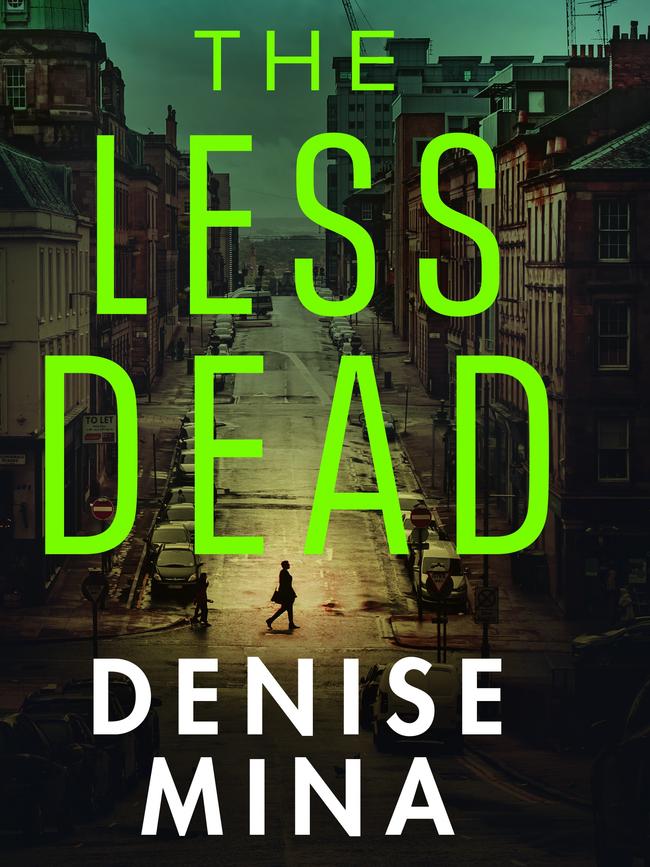
The Less Dead is a great title for one of the year’s most rapturously-received crime novels. Denise Mina’s latest provides little in the way of comfort reading or generic resolution. It’s tale of an adopted woman doctor targeted by an unknown killer is designed to unsettle. We may not have Peter Temple anymore, but we do have Garry Disher (like Mina, a Scotsman, though long-transported down under). The Sunken Road is Disher’s reissued 1986 masterpiece, short-listed for the Booker Prize in its day. One of the original and best Australian rural noirs.
-
Speculative Fiction and Fantasy
Kim Stanley Robinson’s The Ministry for the Future is a near-future epic about human efforts to geo-engineer an Earth set for self-destruct due to climate change. Robinson knows his science; the narrative is chillingly plausible. Still, this is not a novel absent of hope.
A lot of hype surrounds Diane Cook’s The New Wilderness, a post-apocalyptic tale that operates somewhere between fantasy and literary fiction and concerns the efforts of a mother to save her sick child in a society that has broken down. Cook does not think a return to hunting and gathering would present an unalloyed good for human society, and she sets out to show what human rewilding would really look like.




To join the conversation, please log in. Don't have an account? Register
Join the conversation, you are commenting as Logout